
New eBook Bundles: 6/12/18
Here are the new ebook bundles that went on sale today!

Here are the new ebook bundles that went on sale today!
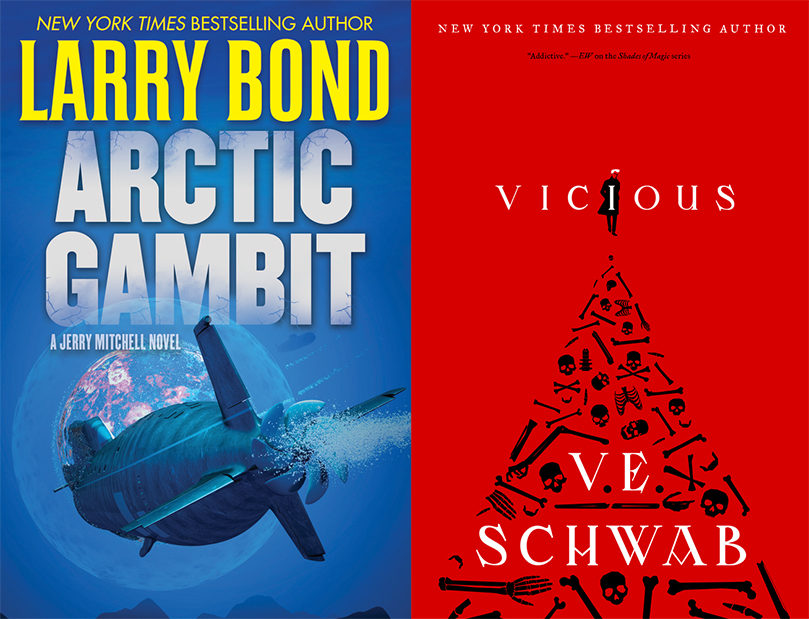
New from Larry Bond, V.E. Schwab, and others!
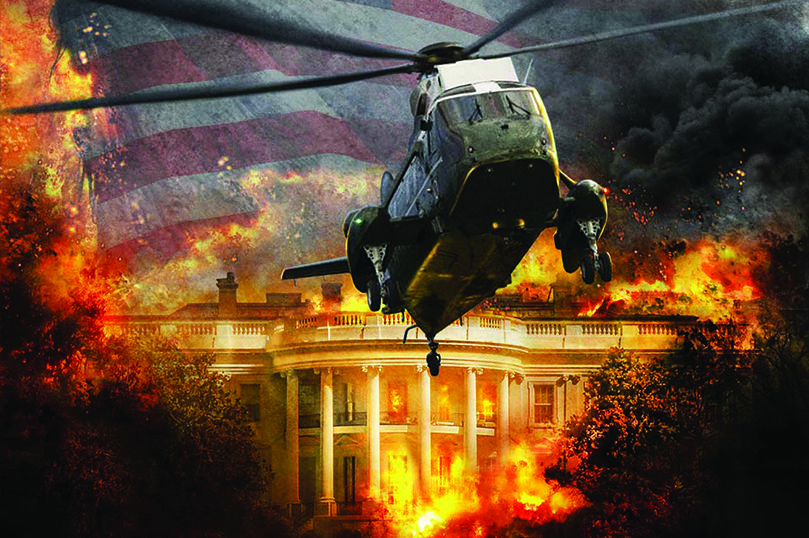
There are many thrillers starring veterans and young warriors, but a select few are written by authors who served themselves! And no one writes a warrior like a warrior. In the spirit of the holiday, we’ve picked 5 riveting thrillers written by and for members of the military.
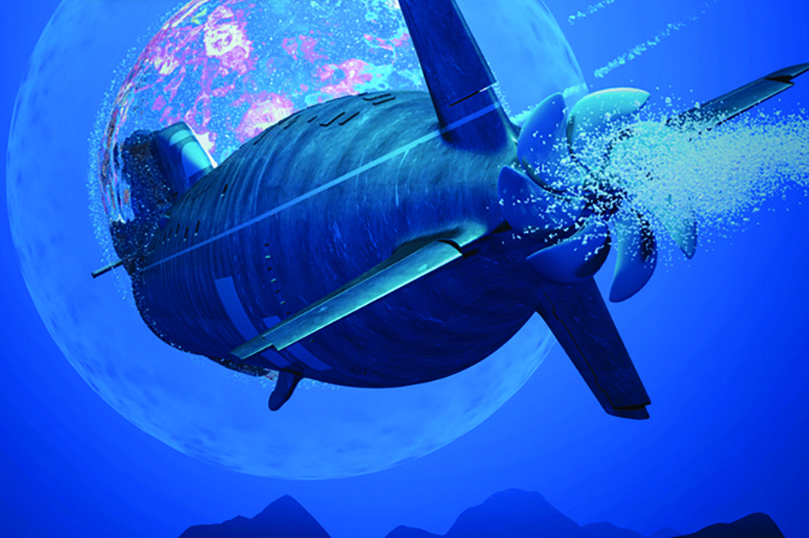
Larry Bond and Chris Carlson discuss the superpowered Status-6 torpedo, and Vladimir Putin’s March 2018 saber rattling.

Jerry Mitchell returns in Arctic Gambit, an explosive military thriller by New York Times bestselling author Larry Bond.
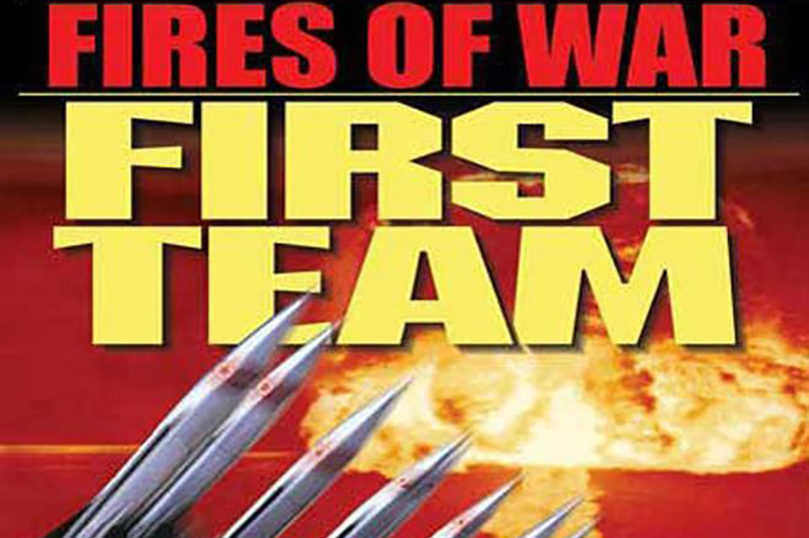
The ebook edition of First Team: Fires of War by Larry Bond and Jim DeFelice is on sale now for only $2.99! This offer ends May 4th.
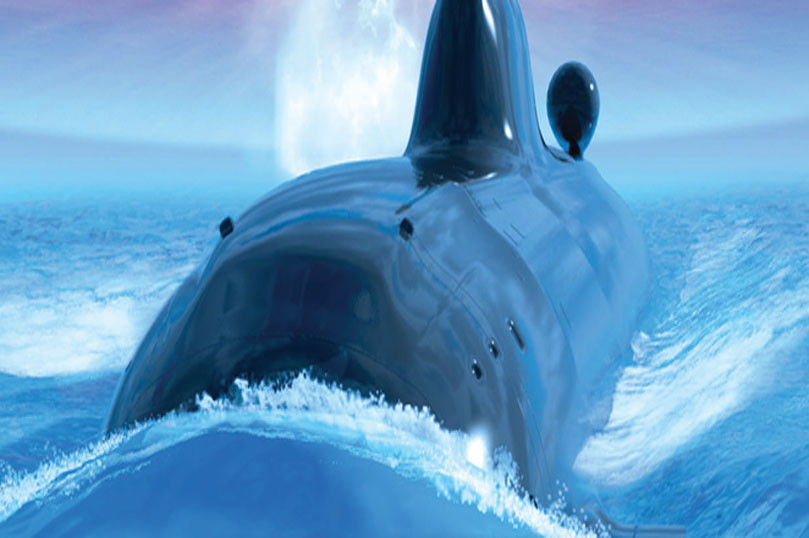
Fatal Thunder author Larry Bond asks, “How ‘techno’ should a thriller be?”

Here’s what went on sale today! Assassin’s Silence by Ward Larsen Every so often, a great assassin novel comes along: Brad Meltzer’s The Fifth Assassin, David Baldacci’s The Hit, Daniel Silva’s The Kill Artist. Now Ward Larsen brings us Assassin’s Silence, featuring David Slaton, hero of Larsen’sAssassin’s Game and the award-winning The Perfect Assassin. When…

India and Pakistan are stalemated in a war that India launched to “remove the threat of terrorism, once and for all.” But India’s early successes have stalled, and with the coming spring, the tide may turn against them. A small but powerful group of Indian senior military officers and civilian security officials have decided to…